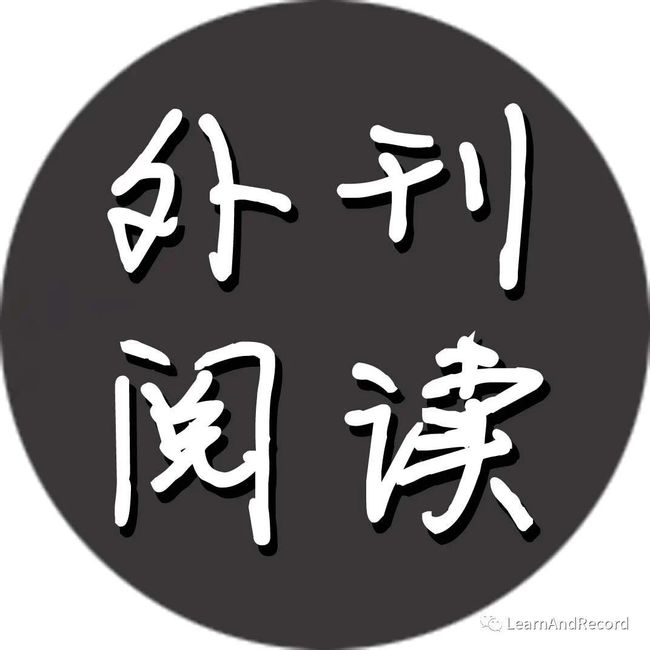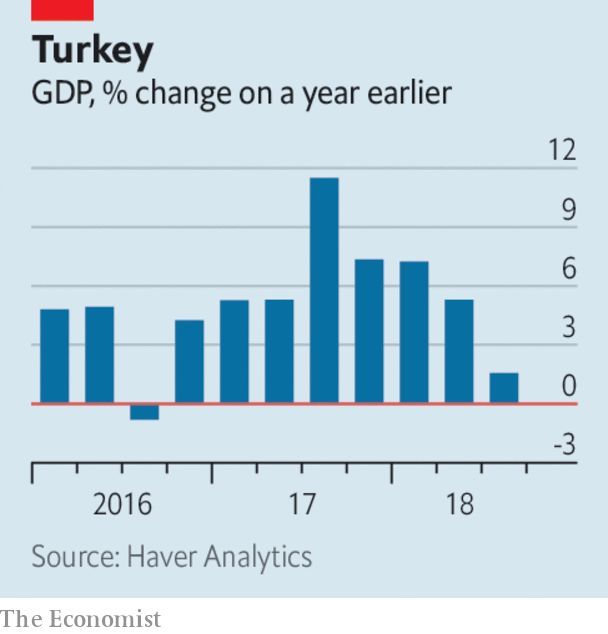Business this week
《经济学人》2018年12月15日 刊
A court in China declared that Apple had violated two patents belonging to Qualcomm, and that it had slapped a temporary ban on selling older iPhone models in the country. Qualcomm hailed the decision as a victory in its sprawling global battle with Apple over intellectual property.
Prosecutors in Tokyo brought their first charges against Carlos Ghosn. The architect of the Nissan-Renault-Mitsubishi carmaking alliance is accused of underreporting his pay at Nissan by half in the five years to March 2015, and is under investigation for doing the same in the three years to March 2018. Nissan has also been indicted. Mr Ghosn, who has been sacked by Nissan, was refused bail and will probably remain in custody until at least the end of the year.
Urjit Patel resigned as the governor of India’s central bank amid a spat with the government, which has put pressure on the bank to ease its curbs on lending ahead of a general election next year. The government also wants the Reserve Bank of India to transfer more of its surpluses to the public purse. The new governor is Shaktikanta Das, who headed the Department of Economic Affairs during the government’s abrupt withdrawal of large-denomination banknotes from circulation in 2016, causing a shortage of cash.
OPEC and Russia decided to reduce oil production by 1.2m barrels a day. The vast bulk of the cuts will be made to output from Saudi Arabia, which wants to use the revenue from the resulting higher oil prices to balance its budget. That incentive overrode pleas from Donald Trump to maintain current production levels in order to keep oil prices low.
Britain’s ground-breaking infrastructure project, Crossrail, received another bail-out, its third this year. The rail line connecting east to west London has been beset by various delays and is now expected to miss its revised launch date in 2019. The problems have made it less likely the £30bn ($38bn) Crossrail 2 project, which would run from south to north London, will go ahead.
Turkey’s GDP grew by just 1.6% year-on-year in the third quarter, the slowest pace since the aftermath of an attempted army coup in 2016. Construction, which accounts for a tenth of the economy, shrank by 5.3%. The country has endured a run on the lira for most of 2018. The government said that demand had “lost its momentum due to diminishing opportunities to secure foreign financing”.
After lengthy legal proceedings, a court in London decided that Vijay Mallya could be extradited to India, where he faces criminal charges, which he denies, related to the collapse of his Kingfisher Airlines. Mr Mallya, known in his home country as the “King of Good Times” for his many interests and lavish lifestyle, fled to Britain in 2016. He can appeal against the court’s decision.
SoftBank priced the IPO of its Japanese telecoms business at ¥1,500 ($13.20) a share, which it hopes will raise ¥2.65trn ($23.5bn) when trading starts on December 19th. That will be Japan’s biggest-ever stockmarket debut, and worth only marginally less than Alibaba’s IPO in 2014, the world’s biggest.
Verizon wrote down $4.6bn from its Oath division, which houses AOL, bought by Verizon in 2015, and Yahoo, acquired in 2017. The growth that the new owner had hoped for never materialised. Oath is now worth around $200m.
Emotional-support animals are to be banned from flights lasting longer than eight hours by Delta Air Lines. That follows a rise in complaints of beastly behaviour, such as defecating in the aisles and biting. One man needed 28 stitches after he was mauled in his window seat by a large dog that was sitting on a fellow passenger’s lap to provide him with a sense of calm.
Dec 15th 2018
(较原文略有删减)
LearnAndRecord
2015年2月8日
2018年12月16日
第1408天
每天持续行动学外语

